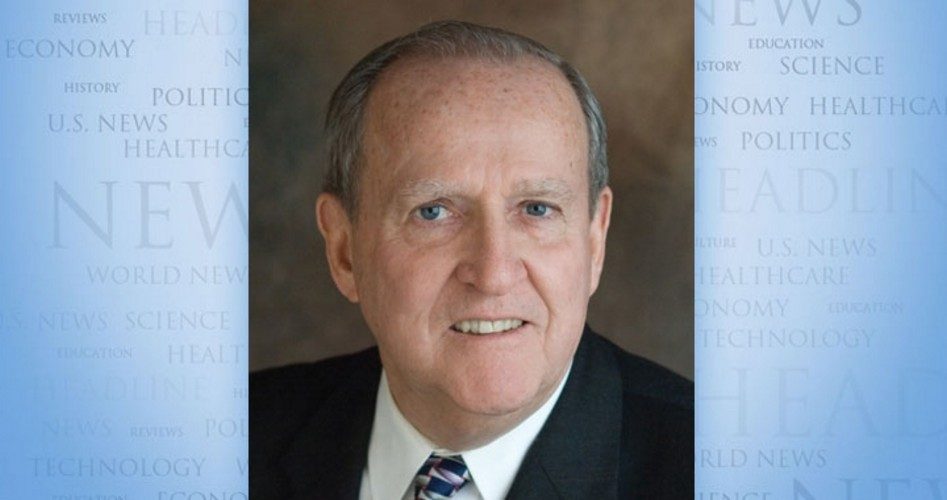
For too many years, Supreme Court decisions have led many Americans to shake their heads in dismay and worry about the future. But a proper amount of restraint and a welcome return to respect for constitutional limitations on the power of government and leftist groups have recently altered the concerns of many court watchers. There has even been some applause among constitutionalists and traditionalists for several of the court’s newest rulings.
Some court watchers want to ascribe the panel’s change to the addition of Judge Neil Gorsuch, the replacement for Justice Antonin Scalia who passed away in 2016. After taking Scalia’s place on the court, Gorsuch has demonstrated an attitude that could have been expected from the late justice. Now, the resignation of Justice Anthony Kennedy, whose opinions frequently sided with his liberal and leftist colleagues, gives President Trump an opportunity to cement the court’s shift away from its past leftist choices. Here are some of the most recent court decisions.
In its 5-4 ruing on Janus v. American Federation of State, County and Municipal Employees, the justices put an end to forcible extraction of dues payments from government workers who chose not to join a union. The decision will severely impact the ability of labor union moguls to fund their customary choices of left-wing political candidates and causes. The Washington director of leftist MoveOn.org ruefully commented about the decision, “If the progressive movement is a navy, they’re trying to take out our aircraft carriers.” Other leftist advocacy groups that are similarly impacted will now be far less able to contribute to their favorite liberal and “progressive” candidates and causes.
In a 5-4 ruling, the court held that President Trump’s travel ban is acceptable when applied to seekers of immigration to the U.S. from Iran, Libya, North Korea, Somalia, Syria, Yemen and Venezuela. In Trump et al. v. Hawaii, et al., the justices decided 5-4 that the president possessed sufficient power to bar entry to the United States of potentially undesirable individuals from countries whose people might spawn terrorism outside their own borders.
The court ruled 7-2 in favor of a Colorado cake maker who declined to create a wedding cake for a same-sex couple. In Masterpiece Cakeshop, Ltd. v. Colorado Civil Rights Commission, the court did not base its ruling on the claim of the baker to refuse business based on his religious view of what constitutes a marriage. While the ruling skirted the matter of a company refusing business because of religious reasons, it was still looked upon as a victory for those who do hold solemn religious views. The ruling chided the Colorado commission’s handling of the complaint of the gay couple.
The court struck down a California requirement that compelled religiously oriented “crisis pregnancy centers” to provide information about ending pregnancies via abortion while center personnel provided counsel to those contemplating terminating their pregnancy. In the 5-4 decision, Justice Clarence Thomas wrote that compelling those who oppose abortion to make information about submitting to the practice violates “free speech” rights. The ruling in National Institute of Family and Life Advocates v. Becerra addressed the California law requiring centers opposing abortion to provide women with information about the availability of abortion.
This sampling of recent court rulings bodes well for the future. And, if President Trump nominates and the Senate approves someone whose judicial opinions resemble those of Scalia, Gorsuch and the other justices who provide the current 5-4 right-of-center decisions, most Americans will have a Supreme Court of the kind that causes joy, not anxiety and disgust.
John F. McManus is president emeritus of The John Birch Society.


